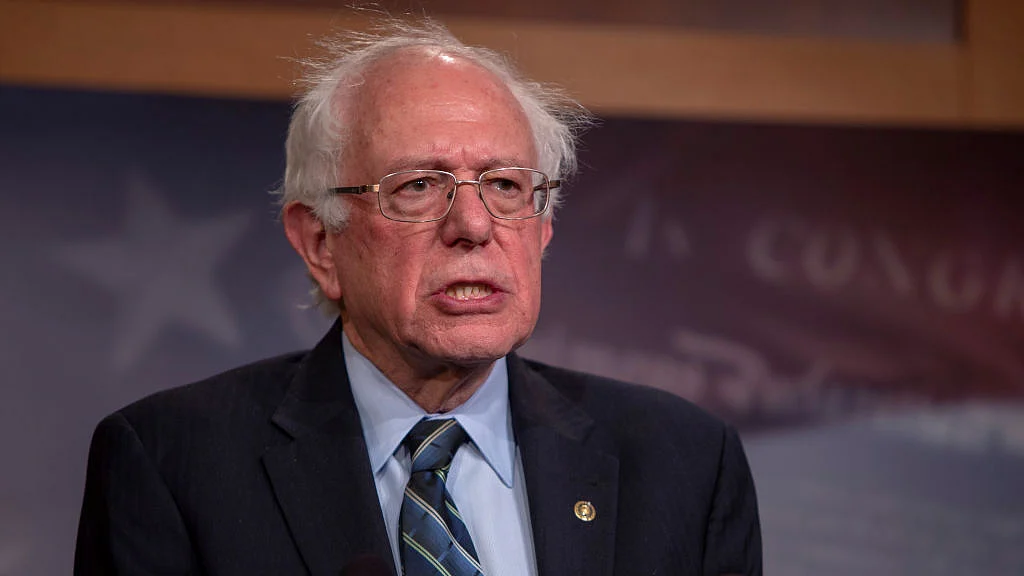US Senate invokes 1973 War Powers Resolution, votes to end military support in Yemen War
US Senate voted in favour of bill asking the Donald Trump administration to end the military support it is providing in the Yemen war. The bill gives the White House 30 days to withdraw the US troops

The US Senate voted on Thursday, December 13, in favour of a bill asking the Donald Trump administration to end the military support it is providing to Saudi Arabia in the latter's war in Yemen, a move taken amid the controversy sparked by the murder of Saudi journalist Jamal Khashoggi in early October at Riyadh's consulate in Istanbul.
The bill gives the White House 30 days to withdraw US troops from Yemen, except those that are tasked with fighting local factions of the Al-Qaeda terrorist network, Efe reported.
The Senate had invoked the 1973 War Powers Resolution to curb the possibility of the country being led into an armed conflict by the president.
Bernie Sanders, independent Senator pushed the resolution persistently over the course of the year. When it was finally passed he called it “a historic moment”.
He said: “Today we declare we will not long participate in the Saudi-led intervention in Yemen which has caused the worst humanitarian crisis on earth, with 85,000 children starving to death. Today we tell the despotic regime in Saudi Arabia that we will no longer be part of their military adventurism,” according to a report in The Guardian.
He also placed the constitutional responsibility of going to war with the United States Congress and not with the White House.
Despite having been approved by the Senate in a 56-41 vote, the bill will not have any immediate effect since the House of Representatives on Wednesday approved the postponing its vote on the matter until January, when the new Congress will be seated and Democrats will regain control of the lower house. This would mean that the legislative process will have to begin again and it would allow for a veto vote from Donald Trump. It will require two-thirds of the vote in both the Houses in order to overturn the veto vote from Donald Trump. The vote in the Senate, which is controlled by the Republicans and will remain so after January, but it depends on how the relationship between Washington and Riyadh is especially after the murder of Jamal Khashoggi.
Donald Trump has called Saudi Arabia a great regional ally of the US and has opposed allowing Khashoggi's killing to change the bilateral relationship, and thus the Senate approval of the bill is considered to be a political rebuke of the president by lawmakers.
After this resolution was passed, another resolution was also unanimously supported. The resolution was that of holding the Saudi Crown Prince of ordering the killing of Journalist Jamal Khashoggi. This is something that the administration had fought very hard to resist.
So in addition to withdrawing a portion of the US troops from Yemen, the Senate also added a resolution designating Saudi Crown Prince Mohammed bin Salman as the person "responsible" for ordering Khashoggi's murder on October 2 by a hit team of security officers dispatched from Riyadh.
The US-backed Arab coalition, which has admitted staging attacks in which dozens of civilians have died, began military operations in Yemen in March 2015, when the war there resurged, causing the world's worst humanitarian crisis, according to the UN.
Follow us on: Facebook, Twitter, Google News, Instagram
Join our official telegram channel (@nationalherald) and stay updated with the latest headlines
